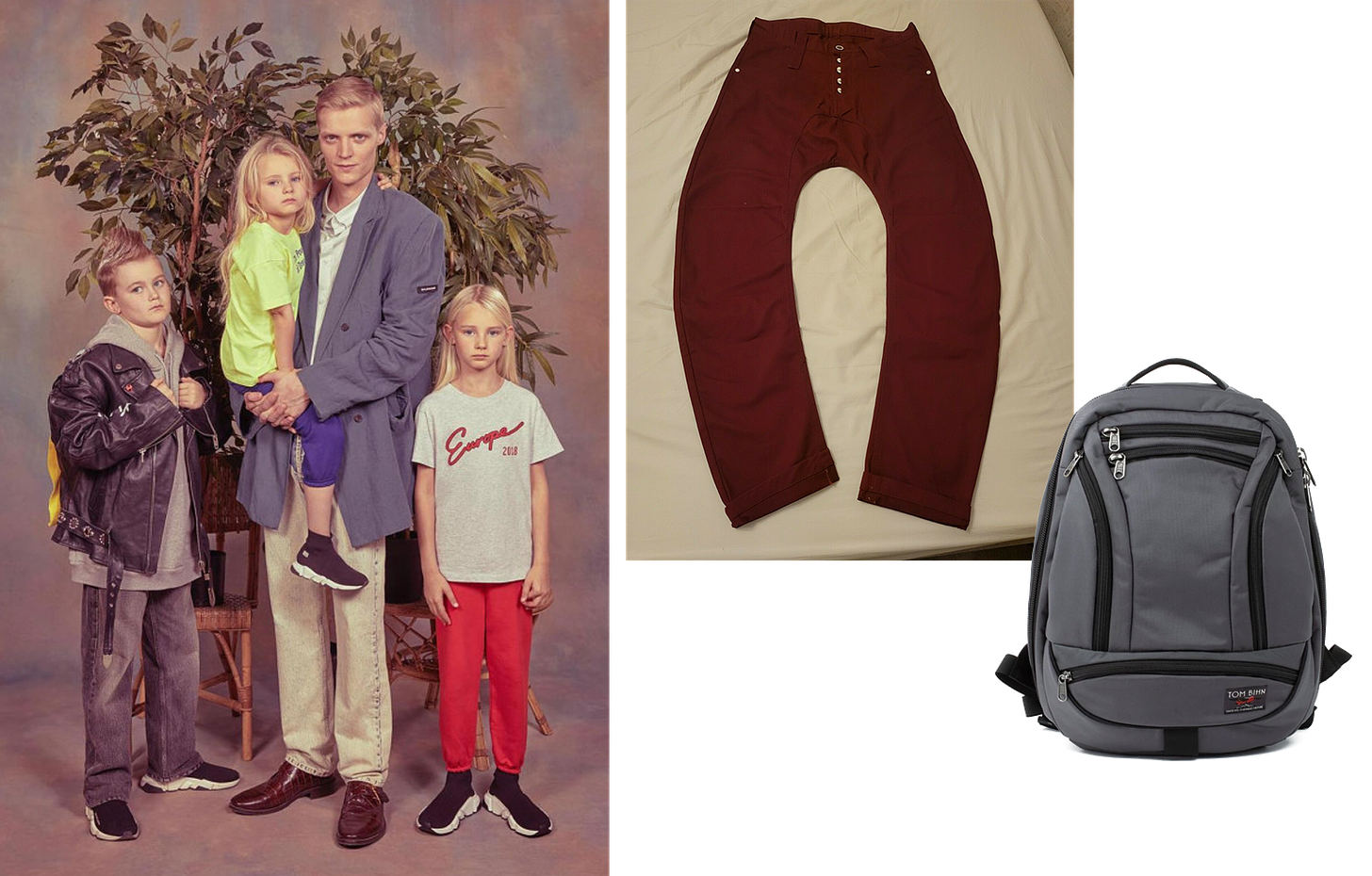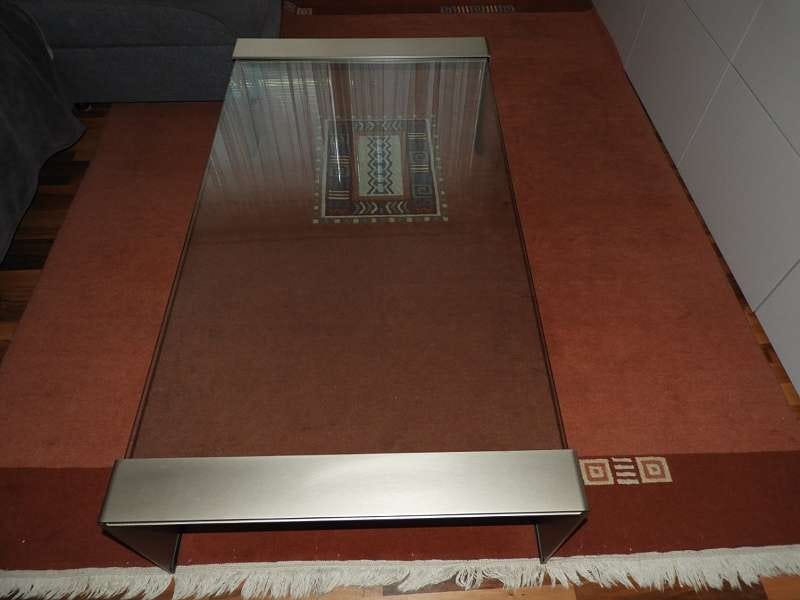“Work is love, made visible,” writes Khalil Gibran. But to the children in this world, work has been love for them, made invisible. Having grown fluent in rationality and affection, which are dialects of the same language, still today one translates "Have they increased rent?" into “I love you.” And one does so without remorse, but affectionately, yes, automatically, without worth mention. The prior generation’s muteness seems just too logical a result of an 80s when anything measurable may well have been easy and liberal, but admission committees, executive suites or public perception still operates on wartime scales.
As a consequence of our compassion, the same “cute sadness” that overcomes us before, say, a puppy, extends to groomed office stallions, bow legs, hairy hands in white cuffs, and seizes us anytime someone shows off how loudly the exhaust of their ride "flatulates." Or when a firecracker is heard blasting in the distance, echoing through public space. No matter which concrete marker of masculinity we encounter in a middle-aged “guy” or also a “bro” of our own age, we’d figuratively embrace them.
Why certain observations remain just that whereas others grow to influences that change us, has to remain unaddressed here. Fact is, the complicated psychology of the masculine doesn’t let go of us. In an attempt to truly understand “men,” yet certain we won’t ever (as though distinct by nature), we ape masculine stereotypes in our own dress and lifestyle. We wear office backpacks (gray-red the preferable colorway) and banana leg pants, hardly "rock" interior and if so, then heavy glass and ostentatious marble exclusively, follow routines religiously. Ironic emulates of this same vibe are all around us, and Robbie Augspurger’s photographs for Balenciaga's SS18 provide just one example. Pale family idyll, oversized suit and leather jacket, plus the little macho's gesture each convey that masculinity is of sociological interest to the protagonist who mimics it (here photographer or modelled father) - precisely, however, because it remains so pronouncedly alien to him.
Perhaps us self-proclaimed "critics" and “progressives” who, as is put in the descriptive text to each and every work of art, "investigate" the male world, should refrain from too hastily declaring it the Other though. For whether we locate what we’ve absorbed since (truly beautiful) childhood in personal upbringing, social expectation, or both, behind the edgy aesthetic we claim to have selected, we hide an emotional heritage that cannot be unselected at all. As great-grandchildren of soldiers, grandsons of the hungry, daughters of office stallions and brothers of bros, it’s predetermined that some traits inherent to us will push themselves into light, where they presently surface disguised as irony or intellect ...
A case in point was my recent search for a coffee table. It was to resemble that heavy piece which occupies my grandmother's living room, and which is synonymous to me with a character (Bundesliga player, staff executive) whose sternness I’ve only learnt of second-hand, and which I yet sense first-hand. Hardly could I await sharing with guests the background story of a glass table that mirrors my wit as investigator into domestic and public emotional heritage. Until it dawned on me that the lineage I believed to thematise has now simply drawn level with me, who feels appointed to live with so ice-cold a monument, whereas my so-called internet appeases myself and deceives us all about my true motors. (On a side note: Since I discovered the hippie-aztec carpet pressed flat under the table like one generation under another, I found that the once-in-a-lifetime photograph, now eternalised as a shareable file on my desktop, tells the story more eloquently than the table itself could do.)
We owe it to gestures which portray us as sharp-eyed onlooker, investigative intellectual that our reasons remain withheld from public. Never could we allow them, long outdated and already uncomfortable when still ubiquitous, see the light “just like that,” in “raw form” (as a fitted suit, tyrannic behaviour, etc.). That why I oversize my pinstripe (ref. Balenciaga), pass that glass table as intellectual study, or dedicate my sternness no longer to the bureau, but to hermetic and innocent athletic disciplines as part of which I combat no one but myself, or whom I was yesterday (ref. Faris al-Sultan (🤤)). The distance my gestures establish to that distillate of masculinity which I purportedly extracted from the Other I mimic, but really release from my innermost self, allows me to exist in a way that is sanctioned by today’s standards, while yet granting my forbidden drives to pull some strings invisible like fishing lines, whereupon both my inside (self) and the outside (world) leave me peace.
In the big picture, there is nothing wrong with or even extraordinary about tackling stone-hard topics through the malleable symbols of material culture or lived experience. And irony has always been that digestive tract which the most unspeakable, undigestible topics are funneled into. So long as we remain alert on a planet where the unacceptable (here, “toxic”) is prone to pass as its own critique. It is then that we can blithely admit that the friction of that which must against that which may produces an extremely hot and fast aesthetic. I mean, just sense the forces that boil beneath this blend of nostalgia, weirdness, speed, stuffiness, edginess, humbleness, and more. Indeed, if those looks consume us, then perhaps because despite all costume, which is transparent somewhere, after all, they speak in an unspeakable way to wounds (incomplete sheets) we as viewers sense and share.
Since the portmanteau “mascore” turns out to be that rare revelation not directly followed by the frustrating yet corroborative discovery of its actual age, I’d like to form it to encircle the aesthetic described. As for the second part of the story (the „truth beneath“), hypothetical form remains paramount since it can never be blindly assumed, but only carefully and respectfully suspected that “a chattering of the psyche” (i.e. deeper reasons) underlie a particular occurrence of the aesthetic.
Mascore is a unisex aesthetic and lifestyle that draws inspiration from stereotypical masculinity. Mascore typically involves a person ridiculing masculine stereotypes in their behaviour, dress, artistic or intellectual production, thereby articulating their own progressiveness and superiority. However, it can often be suspected that the ostensive inspiration found elsewhere may have as its real source a (conscious or unconscious) effort to conceal something pressing from inside.
✌🏽







